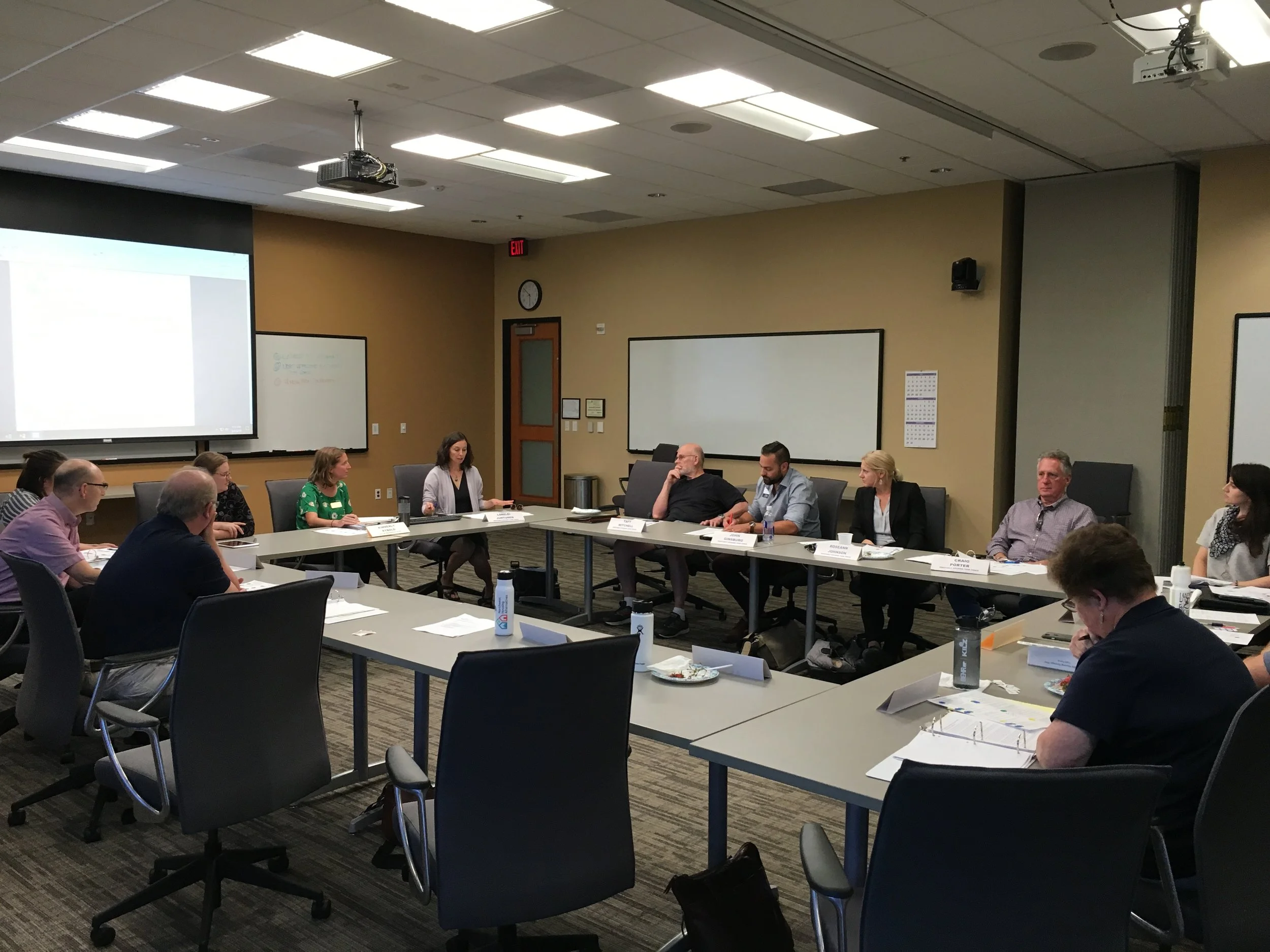Can we achieve equity without talking about race? My answer is no.
After watching and reflecting upon Wilsonville’s second meeting of the Equitable Housing Task Force, which occurred on September 4th, I’m left wondering when the project will talk about explicitly about the role of race in housing disparities (see an example from the City of Portland’s Planning Department). As I covered in the first meeting recap, the concern that equity and equality are being confused still remains.
Here’s a quick recap:
ECONorthwest consultant, Lorelei Juntunen, along with Kim Rybold, Senior Planner and Project Manager, facilitated the meeting.
An overview of the community engagement report, derived from focus group discussion with housing service providers, affordable housing developers, and local employers.
Promotion of the City’s new website, Let’s Talk Wilsonville. If people fully complete their profile, the website will provide an ability to track demographic and income information (a necessity for equity work). For language translation, the City will rely on Google translate, which as a Task Force member raised, is not a source for credible translation.
An online survey was open for two weeks and the City will continue to collect people’s housing stories through the Let’s Talk Wilsonville project page. Questions were raised by Task Force members about physical surveys and Spanish translation. City staff would consider these accommodations, but it was not provided at the outset.
The rest of the meeting transitioned into small-group discussions of ECONorthwest’s equitable housing strategies, that culminated in a voting activity to rank actions (e.g. easiest to implement, most effective in achieving City goals, and to remove from consideration).
City staff provided a summary of the group votes, and the following are my takeaways from the small-group report outs:
Support for Transit-Oriented Development (TOD) around the WES station
Support for incentives, or to remove regulations, for incremental, infill development
Support for better connections between housing and services and education
Mixed support for removing regulations or adding incentives to increase overall supply
Little to no support for Inclusionary Zoning (IZ) requirement
Best exchange of the night
Discussion around Metro’s demand projection for 1,500 new affordable housing units within the next 20-years (see pages 15-47), garnered a reaction from multiple Task Force members that Metro’s projections have traditionally undercounted Wilsonville’s actual housing growth. This shouldn’t be a slam to Metro (although their representative possibly took it that way) because housing market projections are highly variable. They provide a marker to work towards, but no one actually knows with specificity what will happen in 20-years.
My unanswered questions
Why were focus group discussions not conducted with the actual residents, specifically People of Color, within Wilsonville? People that serve or house those in need were contacted, but that can set up a false dynamic of “people speaking on behalf” of others.
Why isn’t the City proactively investing in language translation services for important documents or surveys? Google translate should be of last resort, or not thought of as a resource at all. Let’s Talk Wilsonville will hopefully be a great resource to gather feedback, but inclusionary tactics of physical media and professionally translated documents should be incorporated as well.
How will the results from the Task Force and Planning Commission voting be equitable? If we look at the racial and income composition of the people that got to vote and prioritize actions, I would wager that it falls short in meeting an equality standard of representing the composition of Wilsonville. An equity standard would go further and give greater voting weight to minority groups.
Call to action
What is your vote? Read this sheet and classify each action as one of the following: easiest to implement, most effective in achieving City goals, and to remove from consideration. Compare it to the votes by the Task Force. Then, let the Planning Commission and City Council know your thoughts (one-click on Act page). The Let’s Talk Wilsonville project page has a helpful list of upcoming meetings and the next is an October 21st City Council work session. Get your thoughts in before then!
Document links
Clackamas County Housing Needs Analysis (pp. 265-270, 271-380, and 511-534)
Wilsonville’s Housing Market report (pp. 15-47)
Equitable Housing Task Force meeting 2 webpage

